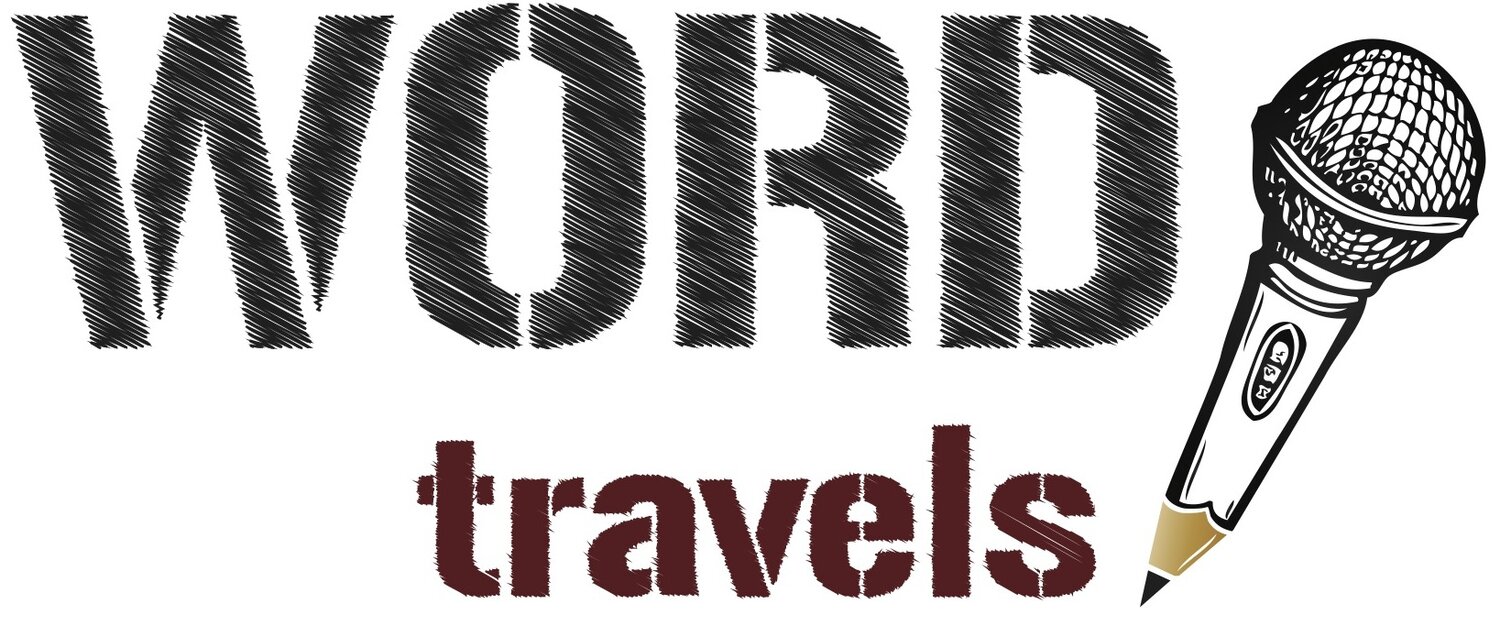NAIDOC Week: Living dialogue and spoken word poetry
Like a well-made bundi, spoken word poetry is a nifty weapon against oppression and a powerful tool for making meaning. Spoken word emerges as a product of relationships with each other and to place. It is a means of expressing local perspectives and community lingo as well as forming a counter-narrative to homogeneous nationalism.
For this NAIDOC Week series of Word Travels’ spoken word workshops, I was eager to encourage participants to write from a place of local language and story.
Beginning the week in Mooroopna, on Yorta Yorta Country, I attended the NAIDOC flag raising ceremony hosted at Rumbalara Medical Centre. There was a welcome from Aunt, a ceremonial smoking from Uncle, a brother on Didg', and sisters dancing a story of intergenerational knowledge around the fire. This was the best way to start moving through another's Country. I took the opportunity to connect with local mob and even convince a couple to come along to the slam workshop later in the afternoon.
The first workshop of the week included participants from the local primary and high schools, as well as an Aunt from Rumbalara. We yarned about Blak lingo, slang, and local language, then incorporated these terms into spoken word poems about their hometowns. The youngest fulla's parable-like poem, hauntingly evocative of the town's connection to the Cummerungunja walk-off, was a highlight.
By Wednesday, I had travelled to Wiradjuri Country to deliver the next workshop at Albury Library Museum. Members of the local Koori Women's Weaving group attended, and our discussion moved from local lingo and idiom to yarns about local craft, weaving, texture, and text. Participants wrote poems exploring what weaving means to them, focusing on craft culture and its community-building potential.
The final stop on this series of NAIDOC workshops was at Hyphen-Wodonga Library Gallery. After a few exercises and free-writes, participants performed in a mock slam event. We mainly focused on how to turn our words on the page into vibrant and engaging spoken word performances. As well as some formidable poetry, discussions around introvertedness and extrovertedness led to fruitful insights that helped reframe spoken word and slam, making it less about entertaining an audience and more about moving an audience.
During NAIDOC Week, I was blessed with the sharing of language, tradition, and innovation. These workshops revealed the richness of cultural expression and the power of spoken word. By encouraging participants to explore their local heritage and voice, these workshops illustrated that spoken word poetry is not just an artistic form, but a living dialogue that bridges generations and resonates across landscapes.
Luke Patterson
Creative Producer – First Nations and Community


